What’s the first thing you remember learning from your parents? Perhaps letters and numbers, or colours, or animals. What about hope? Trauma has a ripple effect throughout generations that robs children of hope. And it’s hard to rebuild a nation without hope.
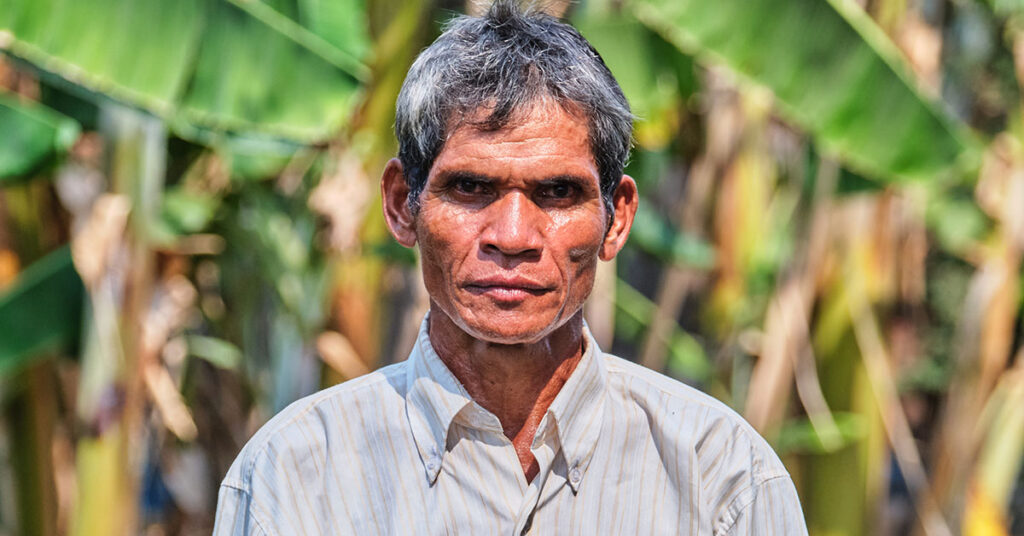
Nouy is a survivor of the brutal Cambodian genocide. He was just three years old in April 1975 when Pol Pot began enacting his vision—a feudal-style, Communist, agrarian Cambodia. Under his Khmer Rouge forces, all property became owned by the state; city workers were forcibly relocated to regional areas and sent to work on farms, and 90 per cent of schools were closed.
Resistance was not tolerated, and between 1.5 and 3 million people were killed by the Khmer Rouge at the infamous ‘Killing Fields’. Nouy’s father was a teacher, and with universities, schools, teachers and academics under attack, his family fled to a temporary refugee settlement over the border in Thailand. There, he received an education up to Grade Five, but upon returning to Cambodia, he was forced to become a teenage soldier.
Now 52, Nouy’s story is a common one for people his age in Cambodia. Forty years on from the start of the Khmer Rouge’s rule, he’s now a father and a grandfather.
How Are Our Partners’ Helping Create a Brighter Future in Cambodia?
Cambodia is one of the most youthful countries in the world, with around 65 per cent of the population aged under 30. And these children and young people are holding the future of their country in their hands.
Rochelle Nyatoro is an International Programs Coordinator at Baptist World Aid, working mainly with our local Christian Partners and communities in Cambodia.
‘One of the most challenging parts of our work is helping people think beyond meeting their immediate needs’ she said. ‘We work among the most vulnerable of the vulnerable in Cambodia where historically people were denied education, and for most of their lives, have had to focus on gathering food and water to survive. In many cases, people have missed the chance to build a framework to dream of a better life for themselves and their children.’
Helping People Take Control of their Lives
For this reason, our local Christian Partners in Cambodia work strategically with young leaders and their families. They aim to encourage agency and hope that will flourish into a self-sustaining desire for fullness of life that will be inherited by future generations.
Our local Christian Partners in Cambodia work strategically with young leaders and their families.
‘You have to remember that the current generation of young adults were raised by parents and grandparents who did not have autonomy to decide what to do or where to go,’ said Rochelle. ‘We encourage communities to recognise their responsibility to be active citizens and equip them to hold their leaders accountable, and start seeing the challenges in their community as their own rights and responsibilities.
‘After that clicks, we’re listening to the community tell us how we can support them with the programs they want to secure their future.’
Investing in People
After the Khmer Rouge, the country has had to rebuild its education system from the ground up, so it’s particularly important that school is safe and accessible to all children.
To maximise access with limited resources, students attend a half day of school, either starting very early in the morning, or finishing in the evening. In one community where our local Christian Partner works, there were no lights in the school grounds. It would have been easy for our Partner to solve the problem. Instead, our local Partner worked with a youth club to identify the need, and supported them to solve the problem for themselves—they installed solar lights. In doing so, our Partners helped the community build confidence that they can and should have a better future. They’re investing in people, not things.
Don’t Count Them Out!
While a lot of the work centres around generating agency in young people, Nouy and Buon show that we shouldn’t give up on the older generation. Our Partner hasn’t. After his traumatic childhood, Nouy faced a very hard life of subsistence farming, coping with drought and poor access to water, and taking on day labour abroad to keep food on the table. Unsurprisingly, his health failed, and he became incapacitated by tuberculosis.
‘In my household, food shortage took place once my husband got sick, and everyone in the community were aware that he could not make or generate more income or do the heavy things in order to support our family,’ said Buon. ‘That period of time was really a challenge for my family.’
But as his health returned, Nouy started working with our local Christian Partner and benefiting from the agricultural training his community had requested. Now, he and Buon farm their land as a team and grow enough to eat, share with less well-off neighbours, and sell to fund education expenses for their sons and grandchildren.
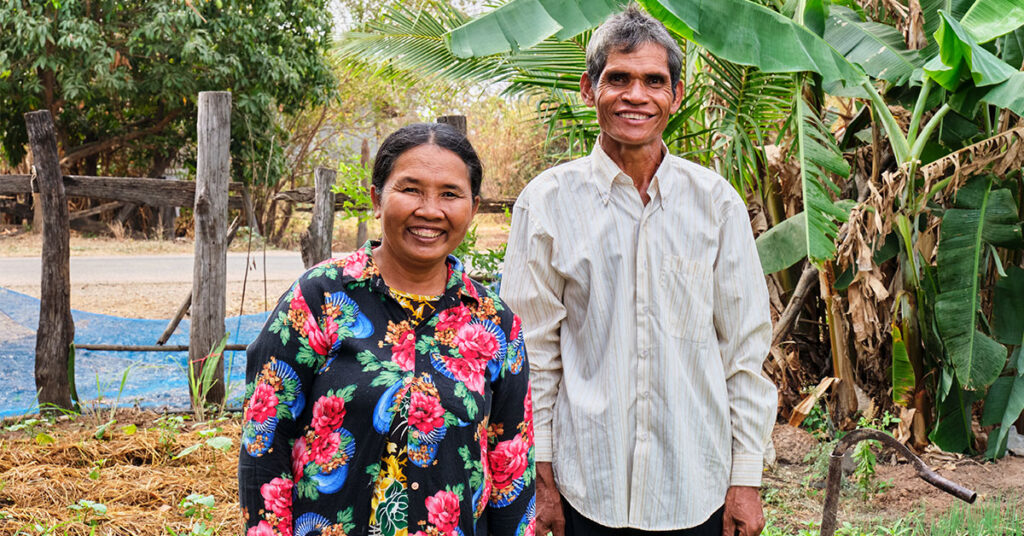
It’s never too late to dream of a better world. Together, with our generous supporters, we’re seeing Cambodia’s most vulnerable communities learn to hope and thrive again.

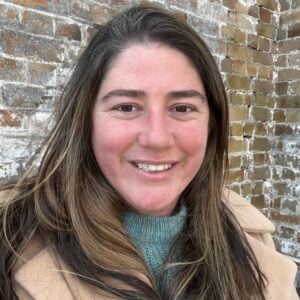
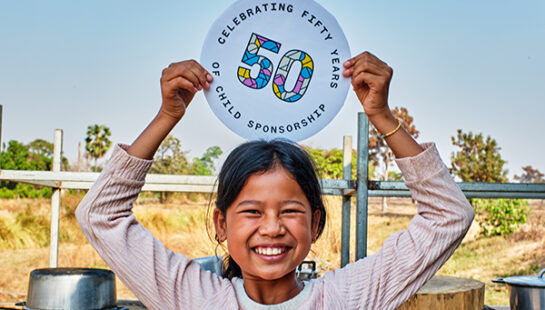
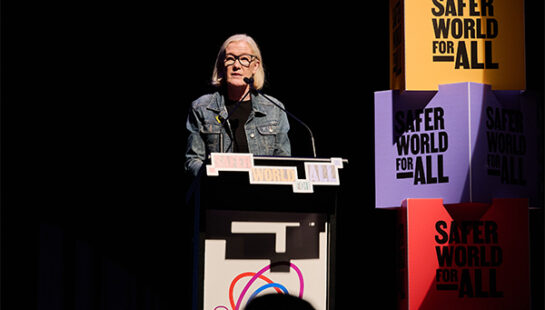
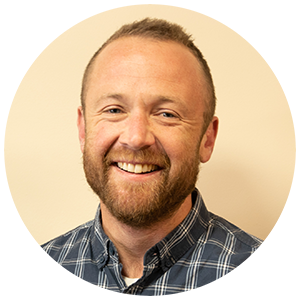 Mike Bartlett
Mike Bartlett